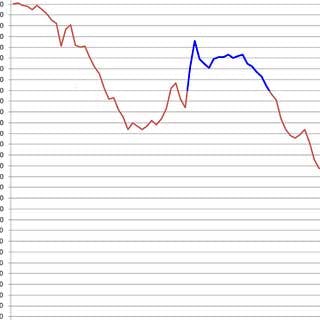Slowing population growth and rising demand for skilled labour will negatively impact SMEs’ ability to expand, according to the latest Business & Population Monitor.
The report deals with the impact of Australian demographic changes on businesses. It found the imminent retirement of the baby-boomer generation along with official cutbacks to immigration and a decline in natural population growth will place further constraints on labour supply.
“The likely implication is that workers will become harder to find, putting pressure on wages, inflation and eventually interest rates,” said Matthew Field, National Director of PKF Enterprise Advisers, which publishes the annual report. “Smaller businesses may struggle to compete for workers with the larger employers.”
Small business confidence fell across 2010, despite indications the Australian economy was spared much of the impact of the global financial crisis. Field attributes the decline to rising interest rates, as well as the prevalence of small businesses in the dwindling retail and home building sectors.
In addition to rising interest rates, the report found the slowing rate of population growth had dampened the outlook for construction, with a recent fall in building approvals signalling a decrease in new housing starts over the coming months.
Australia is currently undergoing a second round of the commodity boom that sustained the economy through 2007/2008, but the supply of workers to meet demand in resource-rich states is in doubt. The boom is centred on the export potential of mineral resources in Queensland, Western Australia and the Northern Territory – regions that suffered the sharpest drop in population growth in the past year.
“That suggests this trend is having the largest impact precisely on the areas that need workers the most,” Field said, “putting at risk the ability of those states to find the required level of workers.”

